Wisdom is knowledge which has become a part of one's being
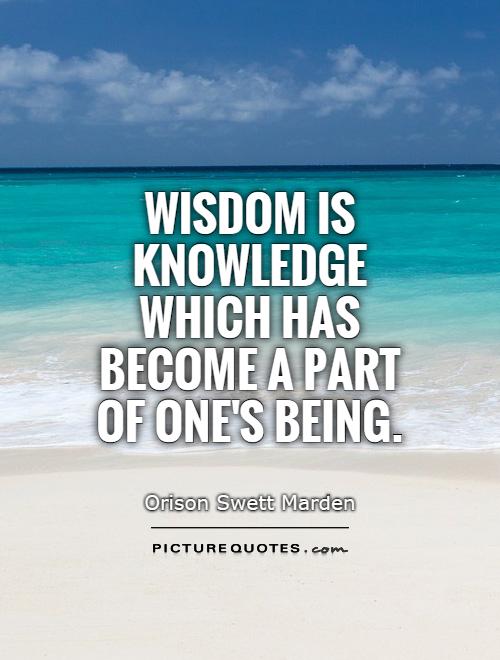
Wisdom is knowledge which has become a part of one's being
Orison Swett Marden, a renowned American author and philosopher, once said, “Wisdom is knowledge which has become a part of one's being.” This profound statement encapsulates the essence of true wisdom and highlights the transformative power of knowledge when it is internalized and integrated into one's character.In today's fast-paced and information-driven world, knowledge is readily accessible through various sources such as books, the internet, and educational institutions. However, simply possessing knowledge does not necessarily equate to wisdom. Wisdom goes beyond mere intellectual understanding; it involves the application of knowledge in a way that is guided by insight, experience, and moral values.
When knowledge becomes a part of one's being, it means that it has been internalized and assimilated into one's thoughts, actions, and beliefs. This process of internalization requires reflection, introspection, and a deep understanding of the implications of the knowledge acquired. It involves not only knowing facts and information but also understanding the underlying principles and concepts that govern a particular subject or field.
Wisdom is not something that can be acquired overnight; it is a lifelong journey of learning, growth, and self-discovery. It is the result of years of experience, trial and error, and the willingness to learn from both successes and failures. Wisdom is cultivated through a combination of knowledge, intuition, empathy, and emotional intelligence.
Orison Swett Marden's words remind us that wisdom is not just about what we know but how we apply that knowledge in our daily lives. It is about making informed decisions, solving problems creatively, and navigating the complexities of life with grace and resilience. Wisdom is the ability to see the bigger picture, to discern what truly matters, and to act in alignment with our values and principles.

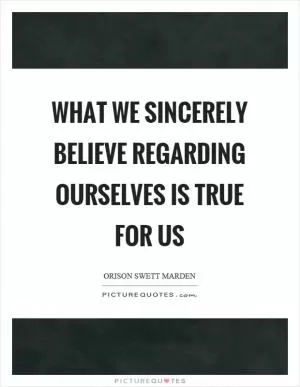
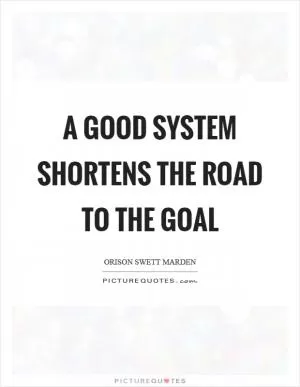




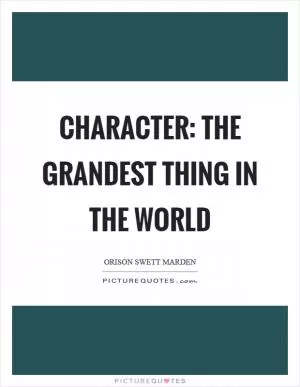
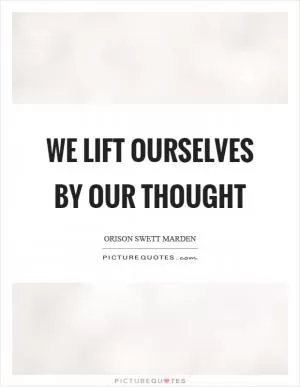



 Friendship Quotes
Friendship Quotes Love Quotes
Love Quotes Life Quotes
Life Quotes Funny Quotes
Funny Quotes Motivational Quotes
Motivational Quotes Inspirational Quotes
Inspirational Quotes